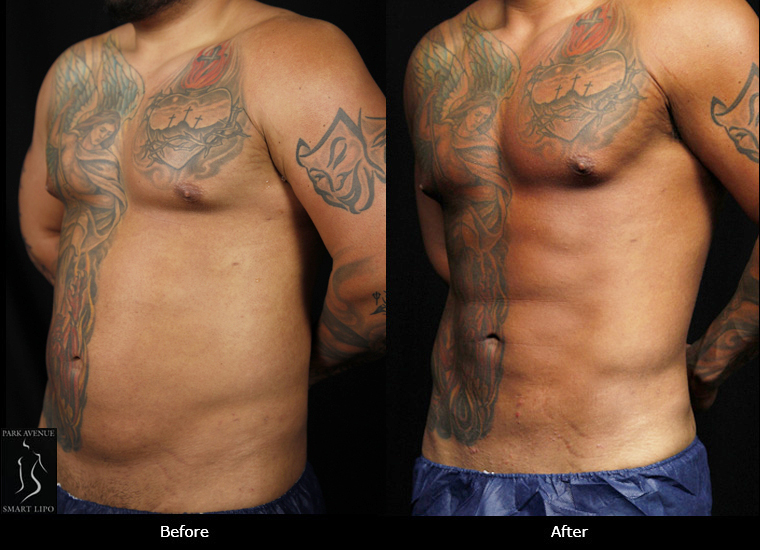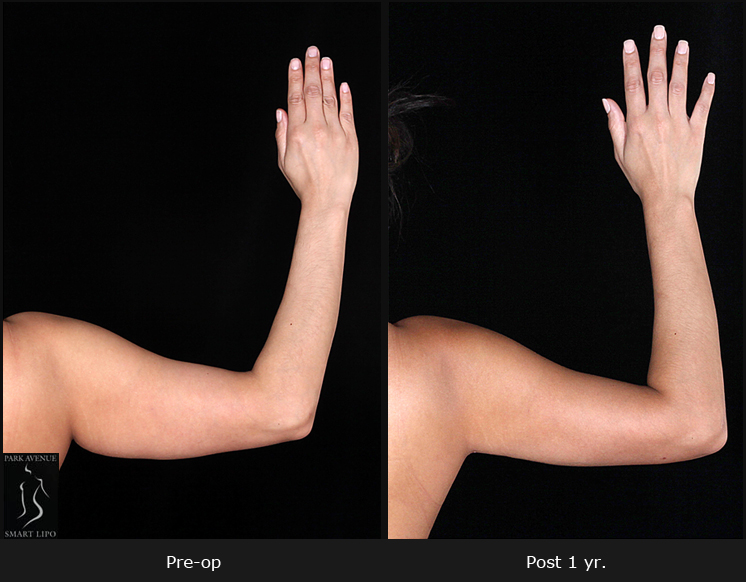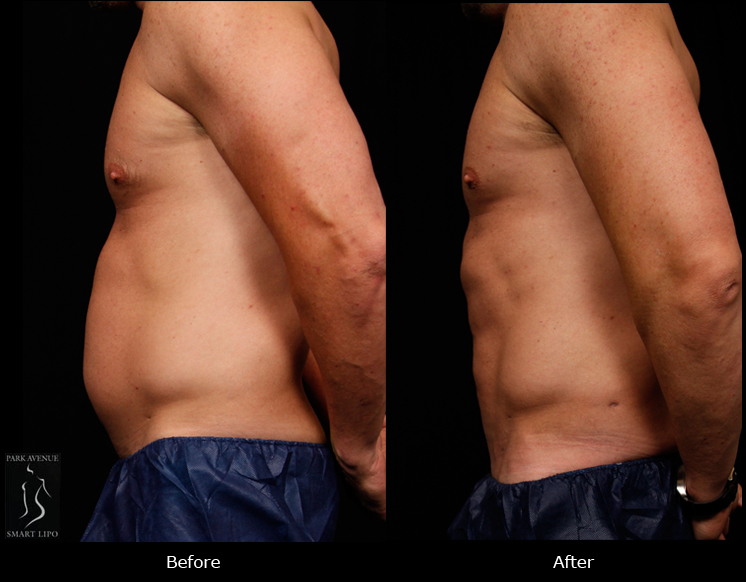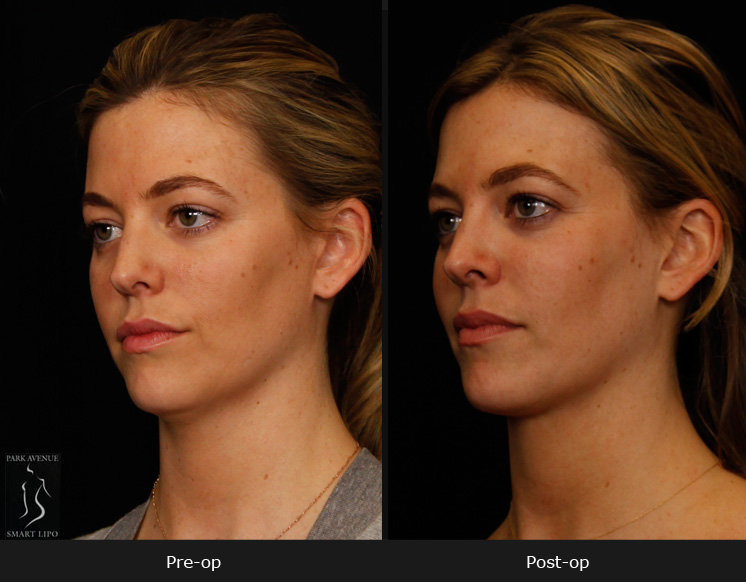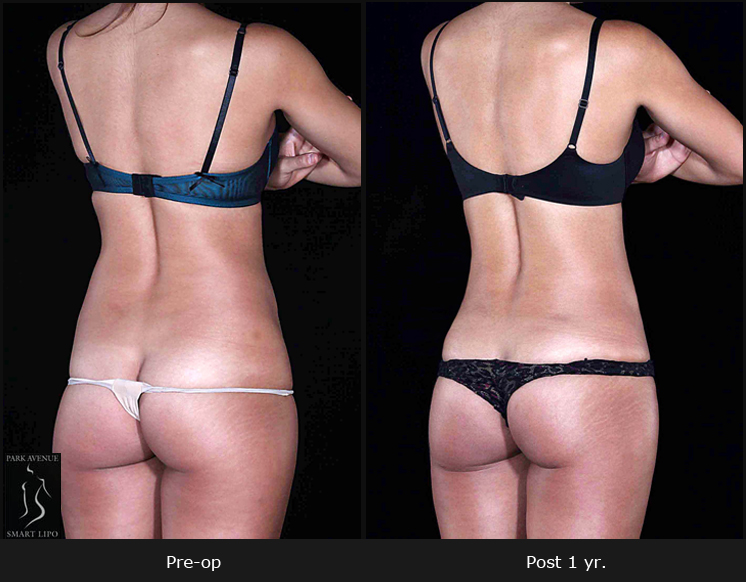The knees tend to accumulate fat and affect the overall appearance of your legs. Factors such as aging, hormonal changes, genetics, and weight gain are responsible for buildup of fat in the knees. Leading plastic surgery practices provide knee liposuction in NYC using Smartlipo Triplex technology. Knee liposuction can effectively remove stubborn fat that doesn’t budge with even strenuous exercise and diets.
This minimally invasive procedure is performed using the Smartlipo Triplex workstation and can provide you with slimmer, shapely knees with minimal pain, scars, downtime and recovery. However, if you want your results to last, you need to commit to specific lifestyle changes and maintain a healthy and consistent weight. When you’ve spent time and money on getting knee liposuction, dedication is crucial to maintain your outcomes.
As the first step, follow all the instructions that your surgeon recommends such as exercising regularly, and eating a balanced diet to avoid unnecessary weight gain in other areas.
- Maintain Your Post-Lipo Weight: Liposuction is not a weight loss procedure It is a body contouring procedure that gets rid of stubborn fat pockets. The fat cells removed through liposuction are permanently removed, but that doesn’t mean that you won’t gain weight after the procedure. If your post-lipo weight is not maintained, fat cells might appear in another area.
- Stay active and exercise regularly: Soon after the procedure, you might be advised to start light walking to improve circulation and avoid heavy exercises for at least 3-4 weeks. Once you’re cleared to start more strenuous activities, begin or continue regular exercise at least 30 minutes a day. This will helps maintain your new contours. Moreover, exercise is important for your health.
- Maintain a healthy, balanced diet and stay hydrated: To encourage healing and to prevent excessive weight gain post your knee lipo, follow your surgeon’s diet recommendations. Generally, your post-laser lipo diet should include a sufficient amount of minerals, nutrients, and energy-inducing foods, which will accelerate the healing process and help the body recover its strength naturally. A balanced diet will prevent the weight gain that occurs with unhealthy eating habits. Also, drink lots of water and healthy fluids to avoid dehydration, improve digestion, control hunger, and maintain a healthy metabolism.
- Manage stress: Stress is one of the main causes of weight gain. Stress raises the levels of cortisol in a person’s system, which in turn, creates a craving for all kinds of unhealthy foods. So, find ways to reduce stress for weight management, and for your emotional well being and overall health.
- Avoid sun exposure: Prolonged sun exposure can damage the skin and can cause scars in your incision sites. Make sure to use sunscreen and protective clothing, and avoid excessive sun exposure to reduce risk of fine lines, wrinkles, and blemishes. Limiting sun exposure helps preserves the skin’s tone and elasticity, which is essential for maintaining the results of facial liposuction and other procedures.
- Limit alcohol and quit smoking: Smoking will damage your skin and health, so quit. Also, limit alcohol consumption, as it can affect the results of your liposuction treatment.
Keep your follow-up appointments as it will ensure that your recovery is progressing smoothly and help in maintaining your knee lipo results. Choosing a surgeon with extensive experience in performing knee liposuction in NYC using Smartlipo technology is crucial for a successful outcome. At an AAAASF accredited plastic surgery practice, you can expect excellent treatment and quality care till full recovery.


